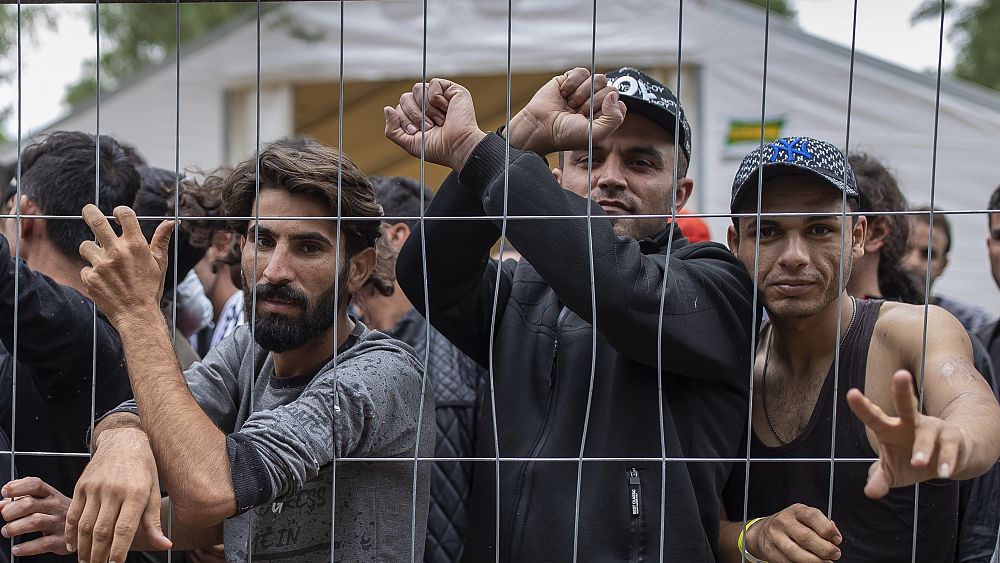
An exchange of letters between the Council of Europe and Lithuanian Prime Minister Ingrida Šimonytė has revealed growing tensions over the alleged pushback of migrants on the EU’s eastern borders.
Lithuania and Poland have accused neighbours Belarus of sending migrants their way as retaliation for EU sanctions on Minsk following a crackdown on dissent.
Both countries are constructing border walls but it is Lithuania’s migration system amendments that have caught the eye of the Council of Europe’s human rights commissioner Dunja Mijatović. She said the changes “remove, in the case of an emergency situation, significant safeguards in the asylum procedure”.
A letter in response from Lithuania’s PM was made public on August 24.
In it, Šimonytė says Lithuania made the changes “to speed up final decisions on asylum applications” and that there was “an effective judicial remedy” for appealing against rejected cases.
Lithuania updated its laws at the beginning of August after Alexander Lukashenko, the disputed president of neighbouring Belarus, warned the EU he has “stopped drugs and migrants. Now you will eat them and catch them yourselves”.
His threats were in response to EU sanctions imposed on his regime for cracking down on legitimate opposition protests following last summers rigged elections.
Lithuania also says Belarus border guards have illegally entered their territory and pushed migrants onto their land.
Vilnius says they have received asylum applications from over 4,000 Iraqis in 2021 and expect there will be over 10,000 by the end of the year.
A new flight path from Baghdad to Minsk operated by Iraqi Airways was suspended earlier this year following EU pressure.
Lithuania’s prime minister insists the changes to their migration laws were adopted to speed up the asylum process and argues Iraqis do not face persecution in Belarus and therefore should be returned.
Lithuania says a 500km fence it’s constructing on its border with Belarus will be finished by September 2022.